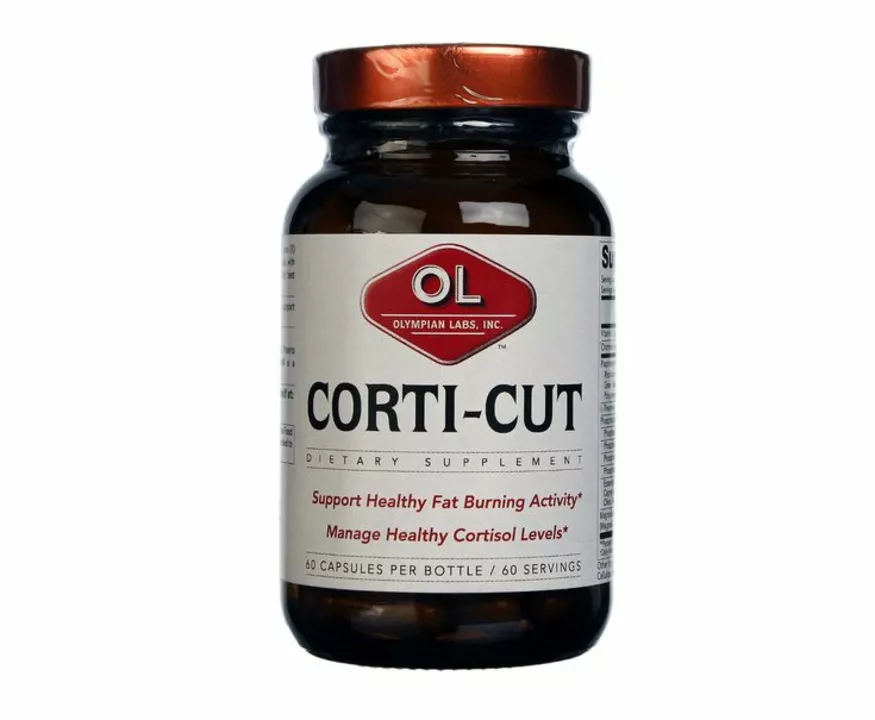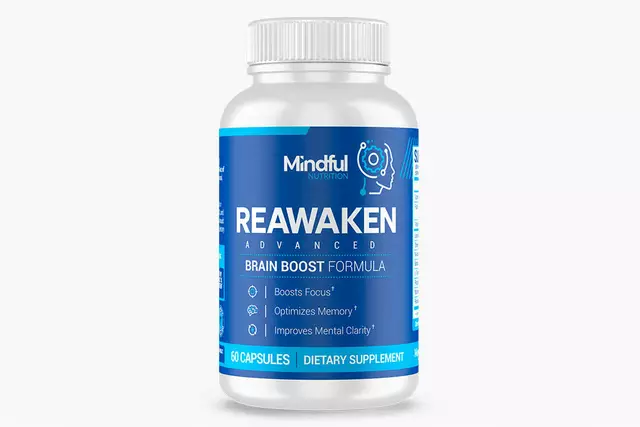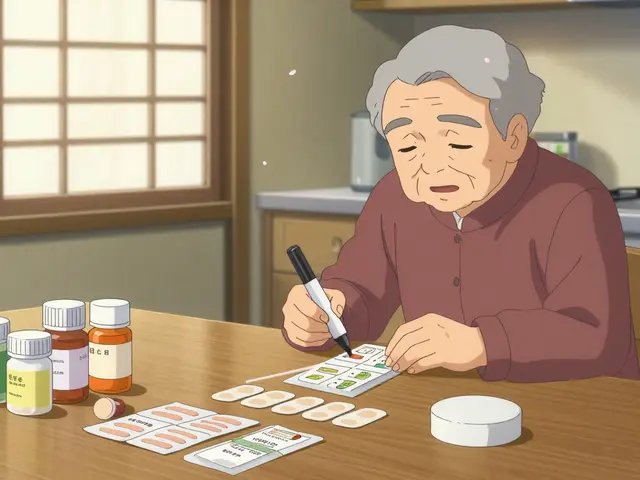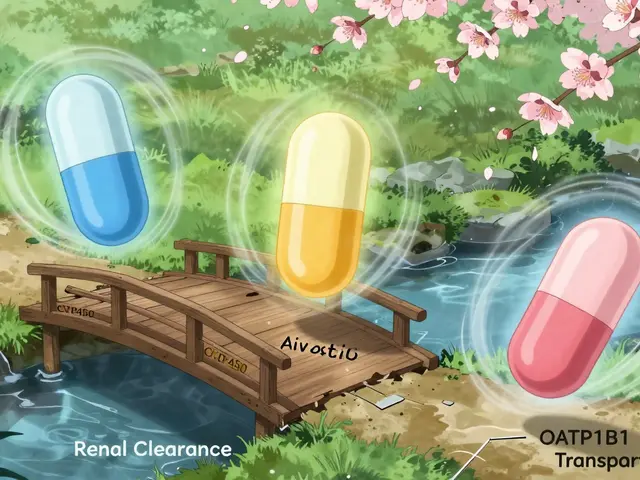Discover the Wonders of Saffron: The Ultimate Stress and Anxiety Relief
Have you ever felt overwhelmed by stress and anxiety? Well, you're not alone. In today's fast-paced world, stress and anxiety are becoming more and more common. But fear not, because there's a miracle dietary supplement that can help you combat these feelings: saffron! In this article, we will explore the various ways in which this incredible spice can benefit your mental health and overall well-being.
The History and Origins of Saffron
Saffron, a spice derived from the Crocus sativus plant, has been treasured for its unique flavor, aroma, and color since ancient times. The use of saffron can be traced back to ancient Persia, Greece, and Egypt. Throughout history, saffron has been highly valued not only for its culinary uses but also for its numerous health benefits. And now, modern research has discovered the amazing potential of saffron for alleviating stress and anxiety.
The Science Behind Saffron's Stress-Relieving Properties
But how exactly does saffron help combat stress and anxiety? The answer lies in its unique composition. Saffron contains various bioactive compounds, including crocin, crocetin, safranal, and picrocrocin. These compounds have been found to possess powerful antioxidant, anti-inflammatory, and neuroprotective properties. Moreover, saffron has been shown to enhance the levels of neurotransmitters such as serotonin, dopamine, and norepinephrine, which play a crucial role in regulating mood and reducing stress.
The Benefits of Saffron for Mental Health
Thanks to its unique properties, saffron has been found to have numerous mental health benefits. Some of these include:
1. Alleviating Depression
Several studies have demonstrated the effectiveness of saffron in treating mild to moderate depression. In fact, saffron has been found to be as effective as some antidepressant medications, without the unwanted side effects.
2. Reducing Anxiety
Research has also shown that saffron can help alleviate anxiety symptoms. In a study conducted on individuals with generalized anxiety disorder, saffron supplementation significantly reduced anxiety levels.
3. Enhancing Memory and Cognitive Function
Saffron has been found to improve memory and cognitive function in both young and elderly individuals. This may be due to its antioxidant and anti-inflammatory properties, which protect brain cells from damage and inflammation.
Incorporating Saffron into Your Daily Routine
Now that you know the amazing benefits of saffron for fighting stress and anxiety, you might be wondering how to incorporate it into your daily routine. Fortunately, there are several easy and delicious ways to do so:
1. Saffron Tea
One of the simplest ways to enjoy saffron's benefits is by sipping on a warm cup of saffron tea. Simply steep a few saffron threads in hot water for 5-10 minutes, and enjoy your fragrant and calming beverage.
2. Cooking with Saffron
Another way to incorporate saffron into your diet is by using it as a seasoning in your favorite dishes. Saffron pairs particularly well with rice, seafood, and chicken, adding a unique flavor and vibrant color to your meals.
3. Saffron Supplements
If you're looking for a more convenient way to enjoy the benefits of saffron, you can opt for saffron supplements. These are available in various forms, such as capsules, tablets, and extracts.
Choosing High-Quality Saffron and Supplements
When it comes to reaping the stress-relieving benefits of saffron, the quality of the spice and supplements is of utmost importance. To ensure you're getting the best saffron products:
1. Look for Genuine Saffron
Always choose genuine saffron from a reputable source. Genuine saffron threads should have a deep red color, with a slightly lighter tip. Beware of fake or adulterated saffron, which may contain artificial coloring and offer little to no health benefits.
2. Check the Supplement Label
When choosing saffron supplements, make sure to check the label for the amount of saffron extract and the presence of any additional ingredients. Opt for supplements with a standardized amount of saffron extract and without any unnecessary additives.
A Word of Caution
While saffron is generally considered safe for most people, it's essential to keep in mind that moderation is key. Excessive intake of saffron may lead to side effects such as dizziness, nausea, and headache. Pregnant women should avoid consuming large amounts of saffron, as it may induce uterine contractions. As with any supplement, it's always a good idea to consult your healthcare provider before starting a saffron supplementation regimen.
Conclusion
In conclusion, saffron is a truly miraculous dietary supplement that can help you effectively fight stress and anxiety. Its unique properties, backed by scientific research, make it a powerful ally for mental health and overall well-being. So why not give this golden spice a try and experience its incredible benefits for yourself?










Gina Damiano
May 22, 2023 AT 12:32Emily Duke
May 24, 2023 AT 00:22Stacey Whitaker
May 24, 2023 AT 20:37Kayleigh Walton
May 26, 2023 AT 08:32Stephen Tolero
May 28, 2023 AT 07:38Brooklyn Andrews
May 28, 2023 AT 08:09Joanne Haselden
May 29, 2023 AT 18:04Vatsal Nathwani
May 30, 2023 AT 11:12Saloni Khobragade
June 1, 2023 AT 10:48Sean Nhung
June 1, 2023 AT 18:52kat pur
June 1, 2023 AT 21:31Vivek Mishra
June 3, 2023 AT 14:43thilagavathi raj
June 4, 2023 AT 20:33Diane Thompson
June 6, 2023 AT 12:09Helen Moravszky
June 7, 2023 AT 18:43Reginald Matthews
June 8, 2023 AT 15:18Debra Callaghan
June 10, 2023 AT 12:47Mitch Baumann
June 11, 2023 AT 17:21Sandridge Neal
June 11, 2023 AT 23:29MOLLY SURNO
June 13, 2023 AT 03:37